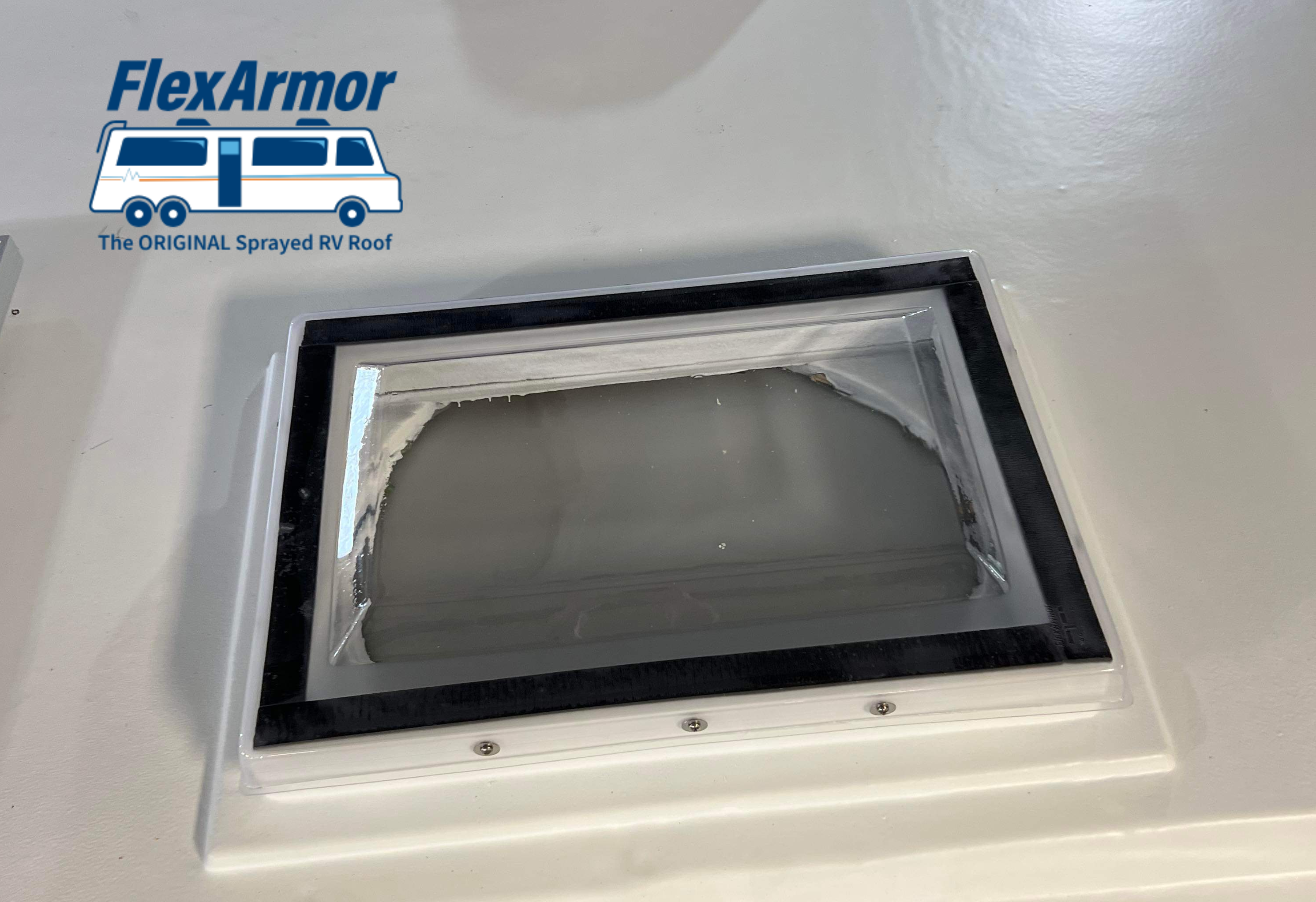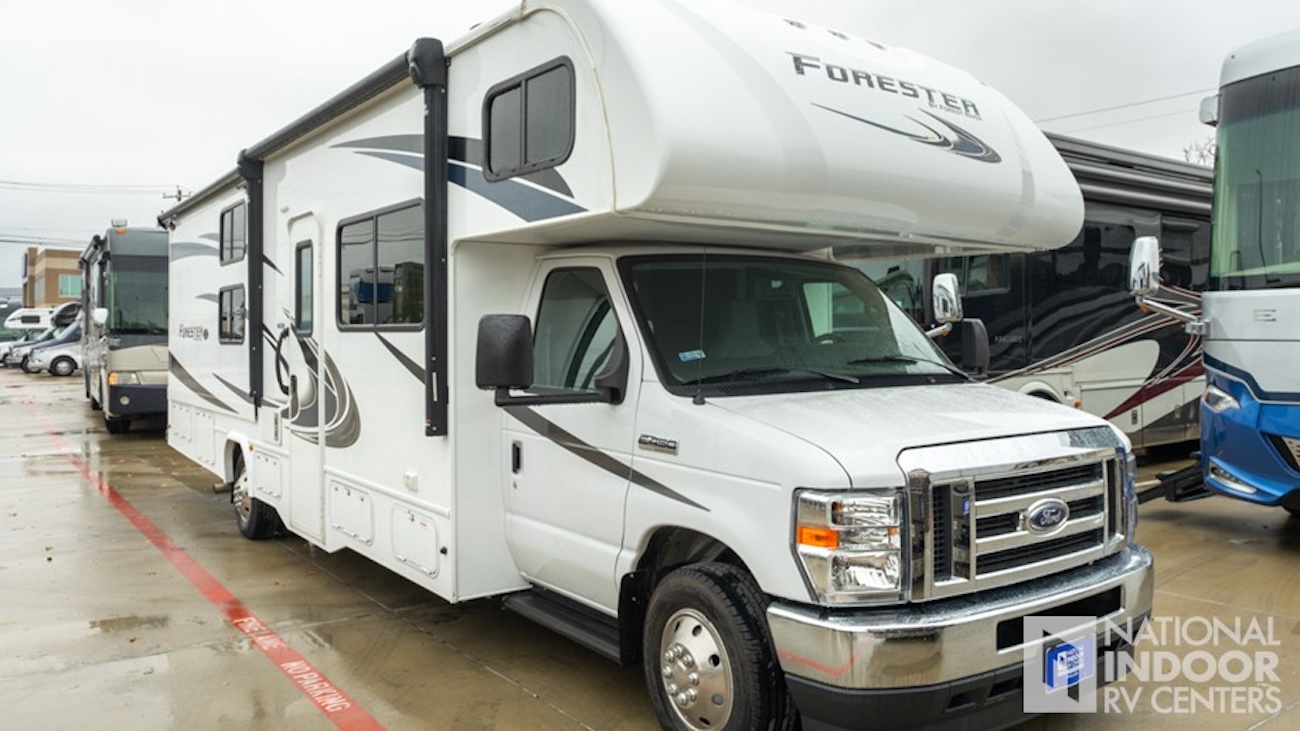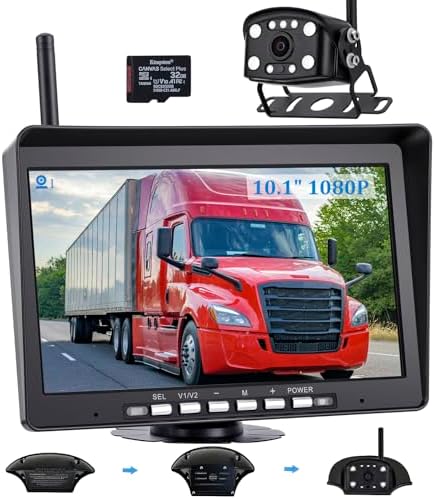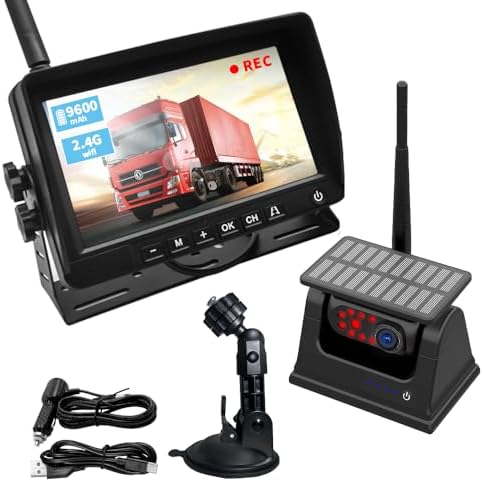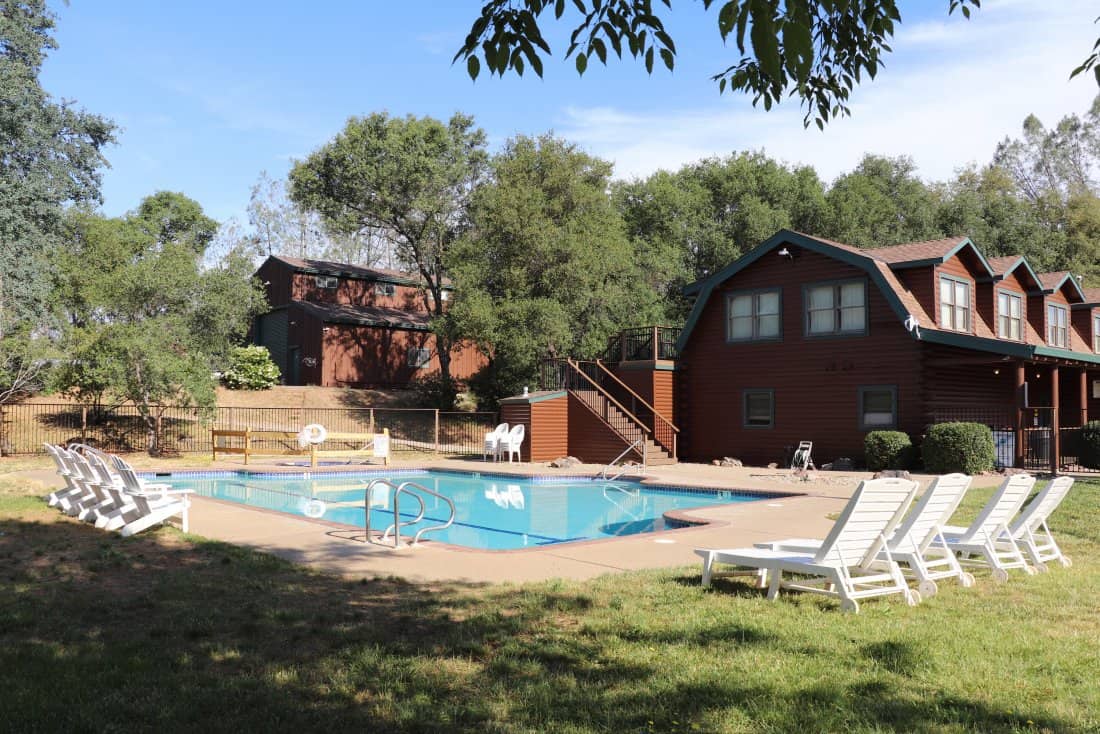Buying a new RV is exciting, but it’s also not cheap. Because of that, most people will take out a loan in order to pay for it. But taking out an RV loan is no small task, and there are some things you need to know to help you secure the best RV interest rates.
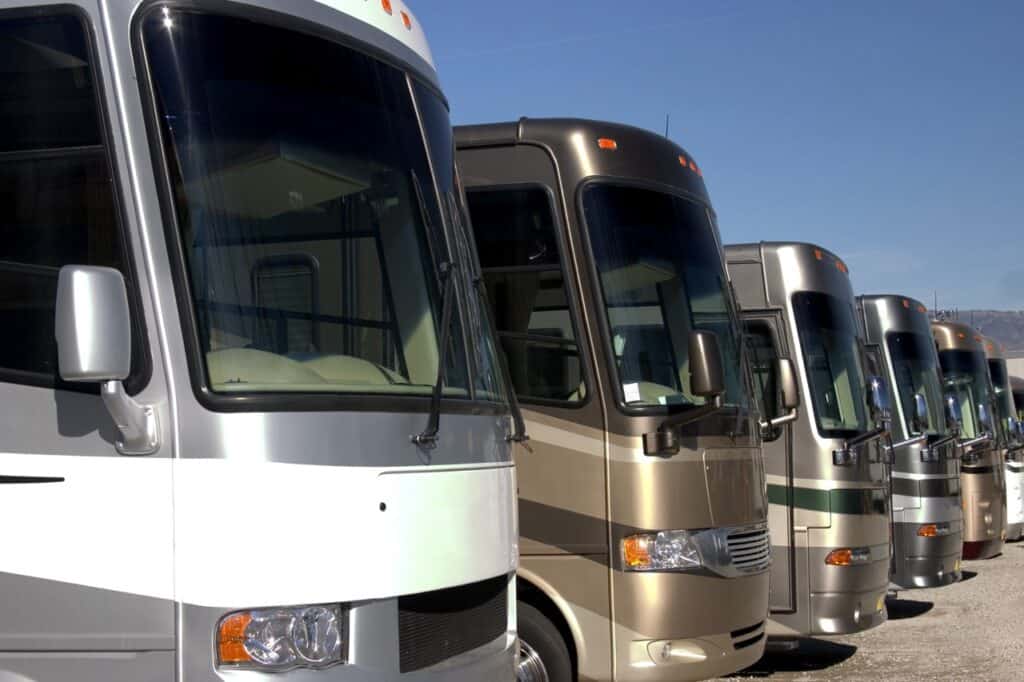
Let’s take a look at everything you need to know before financing an RV.
1. Know Your Credit Score
Several factors affect your ability to secure an RV loan, as well as a good RV interest rate. One of the biggest factors is your credit score. You’ll generally need a minimum of around 650 to secure a loan. Higher scores make it easier and help you get better RV interest rates.

Lenders will also consider your employment history, income, and your debt-to-income ratio. The value of the RV and how new it is will also go into consideration and affect your final interest rate.
2. Shop Around
One of the simplest routes for financing an RV is to go through the dealership. But if you want to ensure the best RV interest rate on your loan, you should shop around.
RV loans tend to have higher interest rates than other loans and have long repayment periods as well. Current RV interest rates vary from as low as about 7% to as high as 20%.
There are many different options for lenders, including banks, credit unions, and purely online lenders. Be sure to look around and compare your options. If you find a loan with a better RV interest rate or lower fees, you’ll be glad you did.
3. Have Your Down Payment Ready

Even with financing, you’ll have to pay some money upfront with a down payment. The amount varies, but it’s typically 10% of the purchase price (at a minimum). In many cases, you’ll have to pay 20% or more.
Because of this, you’ll need to be prepared to pay when you actually purchase your RV. Thankfully, paying a large down payment has a number of positive effects, including:
- Lowers your monthly payments
- Can lead to a lower RV interest rate
- Lowers the overall cost of the loan
If you’re worried about getting approved for a loan, a larger down payment can also help you get approved. This is because it reduces how much you need to borrow, reducing risk to the lender.
4. You May Need to Use the RV as Collateral
RV loans are typically secured loans, meaning the RV is the collateral guaranteeing the loan. In other words, if you can’t make payments on the loan, the lender will repossess your RV.
It is possible to get an unsecured RV loan. But because this is a riskier loan, you can expect higher RV interest rates. If you don’t have great credit, you might not be able to get an unsecured loan at all.

5. Know Your Loan Terms
Your loan term is the period of time it takes for the loan to be paid off. RV loans typically have terms of up to 20 years.
A longer loan term means you’ll pay more interest over time, especially if your RV interest rate is high. If you can afford the higher payments, a shorter-term loan will save you money in the long run.
6. It’s Possible to Self-Finance With Home Equity
If you own a traditional home, it’s possible to finance your RV with a home equity line of credit. This can help you secure better RV interest rates, and you’ll have greater control of repayment. However, this will also mean your home is collateral on the loan, so think carefully about your ability to repay.

7. Your RV Loan Interest May be Tax Deductible
Paying interest on your RV loan is a drag, but there is a silver lining. If your RV qualifies as your primary or secondary home, and you have a secured loan, then the interest is tax deductible.
To qualify, your RV must have sleeping, cooking, and toilet facilities. If you rent out your RV for extra cash, you must also spend at least 14 days of the year in the RV, or at least 10% of the number of days you rented it out, whichever is greater.

Now You Know
Financing an RV can be intimidating. Worrying about the RV’s interest rate, loan terms, and even qualifying in the first place is totally normal. Thankfully, with the knowledge you’ve gained, the process will be so much smoother.
The post RV Interest Rates: Things to Know Before Financing an RV appeared first on Camper Report.




